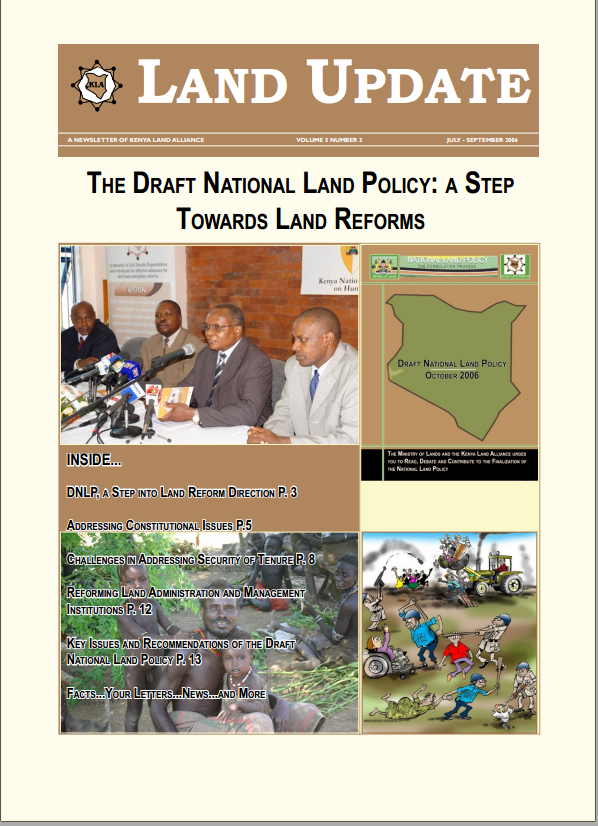Estonian Environmental Strategy 2030
The Estonian Environmental Strategy 2030 is a national cross-sectoral strategy of Estonia for the period 2007-2030. Its main objective is to ensure the preservation and improvement of the Estonian living and natural environment in the areas of reduction of waste, disused hazardous sites and the pollution load; sustainable use of water and mineral resources; energy; transport; forestry; fisheries; hunting; and preservation of the diversity of nature and landscapes.The Strategy aims to ensure food and potable water safety.







